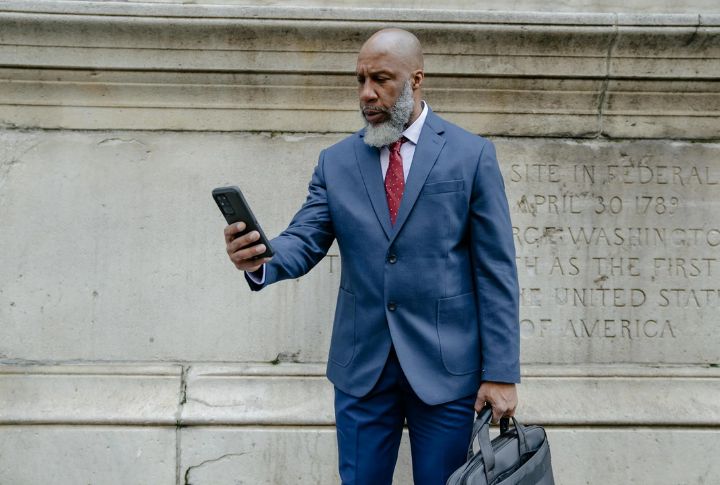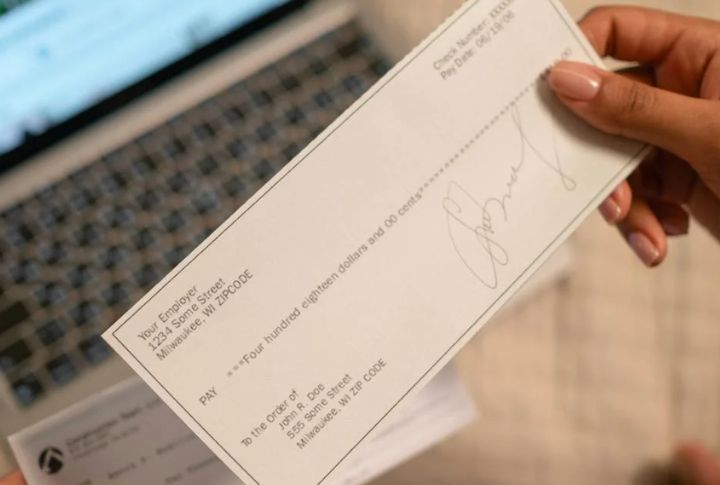
Scammers don’t always come wearing masks. Sometimes, it’s a friendly voice on the phone or an email that looks just right. Seniors are often targeted because fraudsters think they won’t catch on. But knowledge is power. These twenty scams show what to watch for and how to stop a trick before it starts.
Phishing Scams

Deceptive emails or messages disguise themselves as trustworthy organizations to trick seniors into sharing personal information. These communications often create a sense of urgency, which prompts quick responses. Recognize such suspicious links or unexpected requests and do not fall for these scams.
Medicare Impersonation Calls

Calls pretending to be from Medicare try to extract sensitive information like Social Security or bank details. They may claim an issue with coverage or offer fake benefits. Genuine Medicare officials never call uninvited or ask for personal details over the phone.
Tech Support Scams

False tech support agents claim your device is infected or compromised to push seniors into paying or granting access. They ask them to grant remote access or pay for unnecessary fixes. The goal is to create panic quickly and steer the target into handing payment without pause.
Charity Donation Scams

Donors receive realistic-looking appeals that seem urgent and credible. But many of these requests come from fake charities, designed to steal money. Falling for them drains your wallet and weakens real organizations that rely on honest support. A quick verification step can prevent this entirely.
Lottery And Prize Scams

False notifications announce large winnings and require upfront payments to claim nonexistent “prizes.” Victims are told they must pay fees or taxes upfront to claim the reward. Once money is sent, the promised prize never arrives, and the scammer vanishes.
Government Impersonation Scams

Fake government representatives demand money or personal data, and often threaten legal consequences. They request personal details or payments via gift cards or wire transfers. These scams use official-sounding language to confuse and pressure victims into compliance.
Grandparent Scams

Fraudsters impersonate grandchildren in trouble, urging a grandparent to send cash fast. The scenario seems dire, but it’s designed to bypass logic with fear. A simple check-in with another family member often reveals the truth and prevents unnecessary financial loss and emotional stress.
Fake Check Scams

Bogus checks are sent by scammers who appear legitimate but cause victims to lose money after wiring funds back. They ask recipients to deposit the check and wire a portion back. After the check bounces, victims lose any wired money. This is why you should always wait for checks to clear before sending funds.
Romance Scams

Fraudsters create fake profiles on dating sites to build trust and affection. They then request gifts or money and exploit emotional connections. Stay cautious in online relationships, and avoid sending funds without verifying the other person’s identity to prevent falling victim.
Home Repair Scams

Some contractors ask for large deposits and then never return or finish the job poorly. These scams leave homeowners frustrated and out of money. Always verify licenses and reviews, and avoid full payment until the work is completed to your satisfaction.
Identity Theft

Personal information is stolen and misused to open accounts or make unauthorized purchases. Victims don’t notice until damage occurs. Regularly checking credit reports and safeguarding sensitive documents helps prevent this costly and stressful form of fraud.
Investment Fraud

False investment opportunities promise high returns but result in significant financial loss. Older adults may receive persuasive calls about stocks or retirement plans. Such schemes can cause serious financial losses, so always consult trusted financial advisors.
Reverse Mortgage Scams

Predatory offers push reverse mortgages with hidden fees or unfair terms targeting older homeowners. They may rush homeowners into signing without full understanding. Review all documents carefully and consult a trusted advisor before agreeing to any mortgage deal.
Fake Utility Company Calls

Calls threaten service shutoffs to coerce immediate payments via untraceable methods. They demand immediate payment, often via prepaid cards or wire transfers. Genuine utility companies provide written notices before taking action, so identify calls carefully to avoid fraud.
Subscription Traps

Free trial offers lead to unexpected, ongoing charges that can be hard to cancel. These subscriptions can be difficult to cancel, which results in unexpected fees. Always read the fine print and monitor your bank statements carefully to spot unauthorized payments early.
Banking Scams

Calls claiming to be from your bank request sensitive details under the guise of security alerts. They ask for account numbers or passwords. Legitimate banks do not ask for personal information through unsolicited calls. So, contact your bank directly using an official number.
Auto Repair Scams

Dishonest mechanics may exaggerate problems or charge for unnecessary repairs. Older adults can fall prey to inflated bills or low-quality parts. Always get a second opinion and ask for detailed estimates before committing to costly auto work.
Travel Scams

Too-good-to-be-true vacation deals pressure buyers to pay deposits for trips that never happen, and then they disappear without providing any service. That is why research the company’s reputation thoroughly and avoid paying upfront to stay safe.
Email Account Hacking Scams

Cybercriminals hijack email accounts and use them to trick contacts into sending money. Older adults can stay safer by setting unique passwords for each account and enabling two-factor authentication, which helps block unauthorized users from accessing private emails and personal details.
Rental Scams

Fake rental listings lure seniors into paying deposits for properties that don’t exist or aren’t available. These properties often don’t exist or aren’t available. To protect yourself, always check the rental in person or consult reliable sources before sending any funds.
